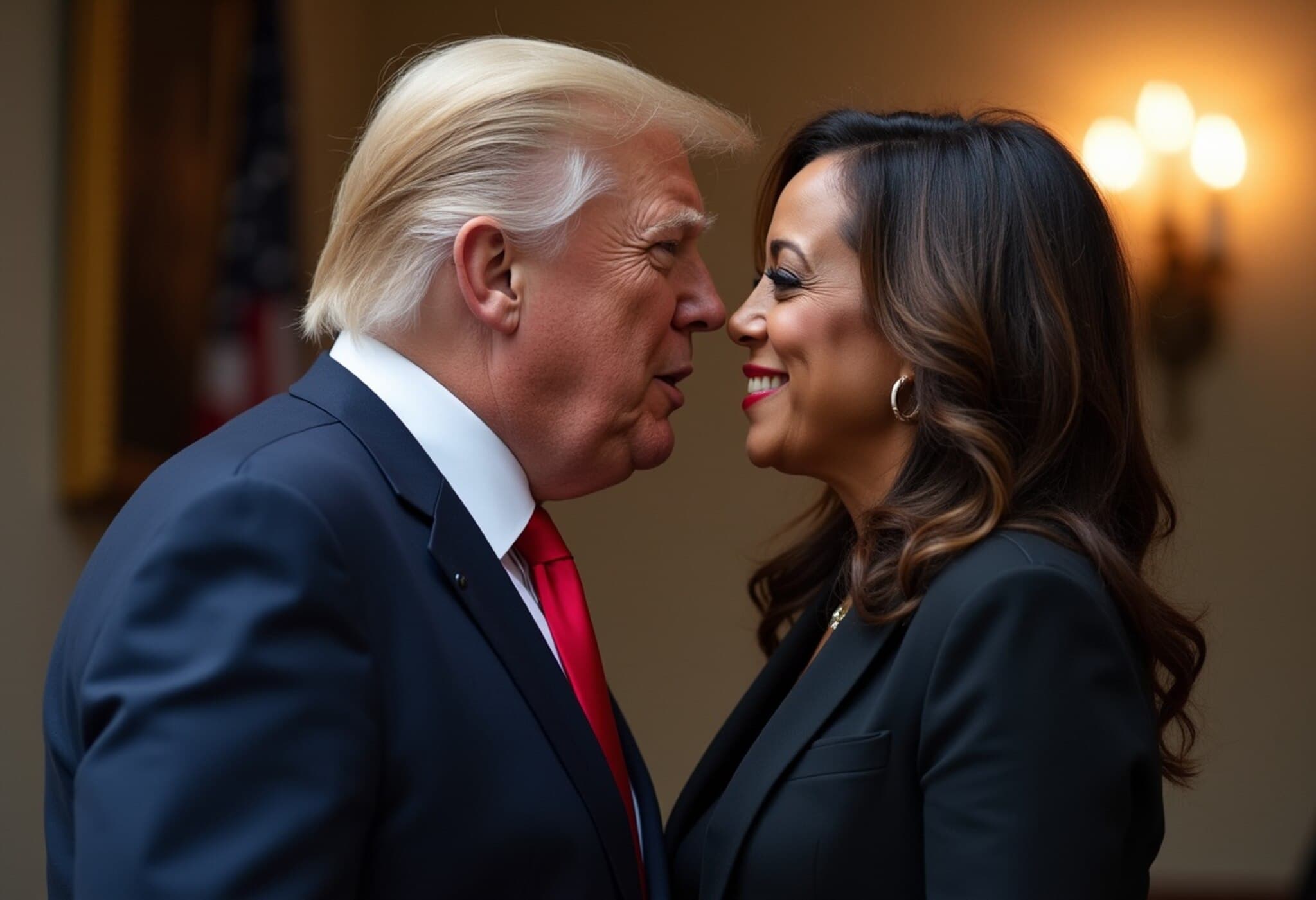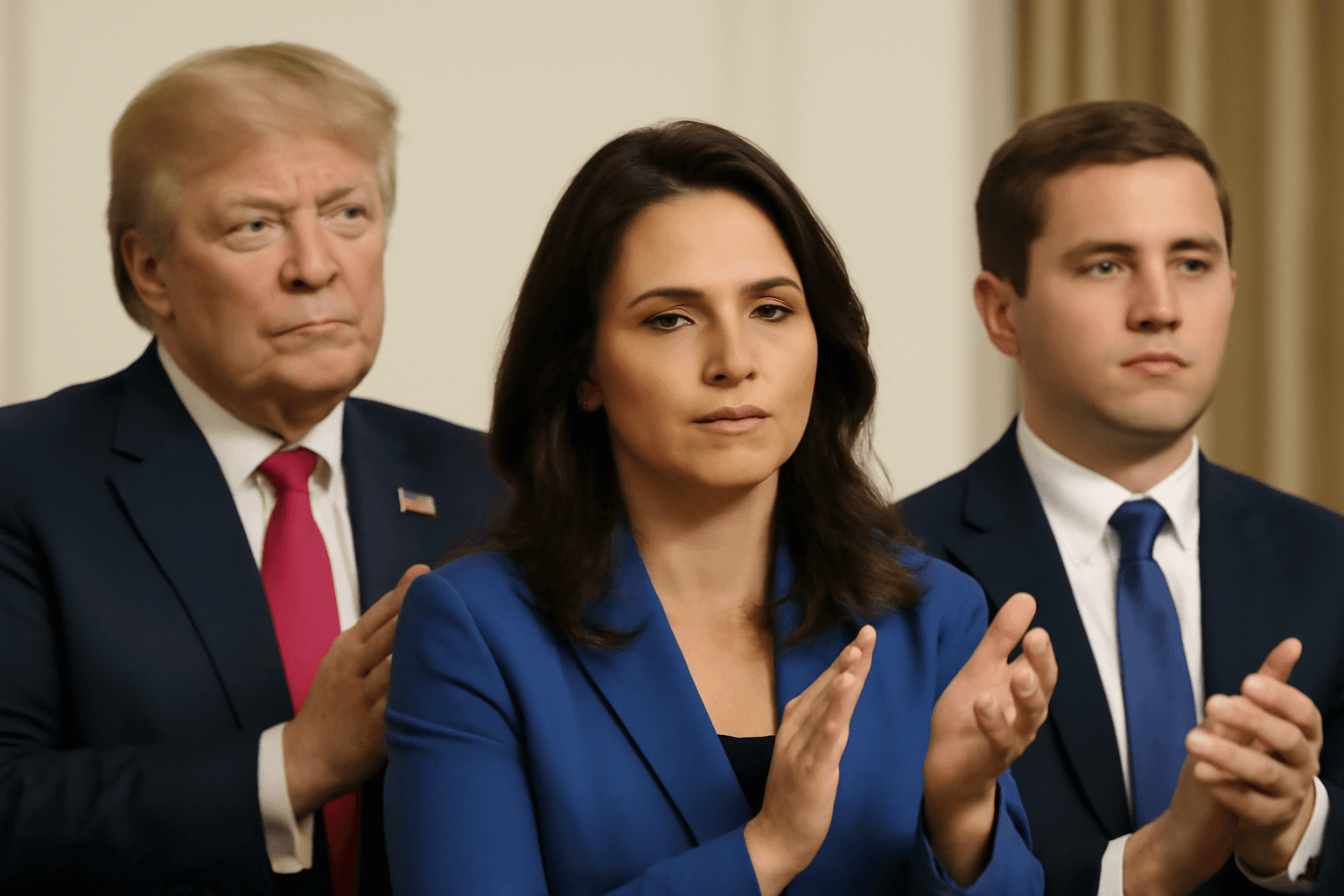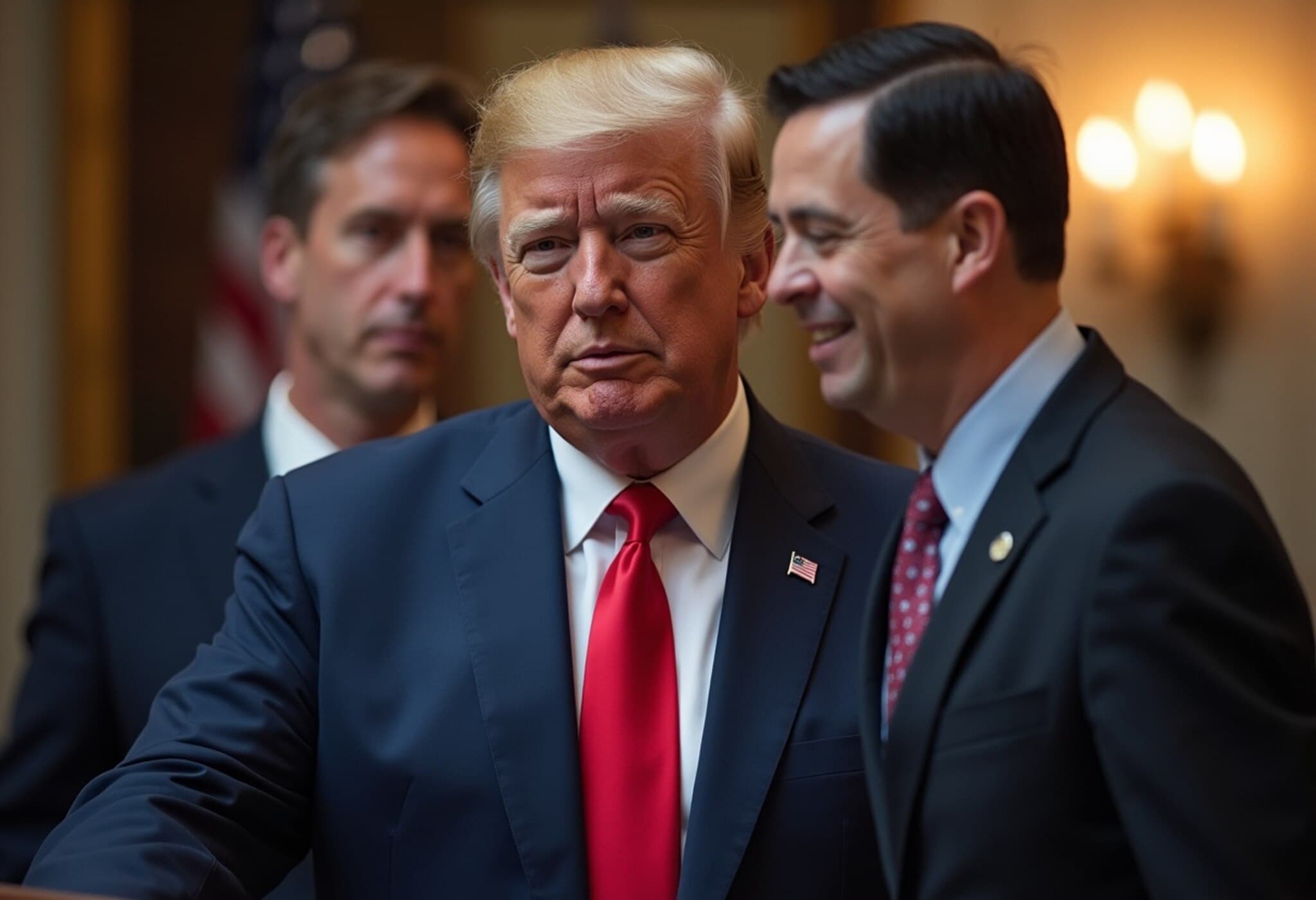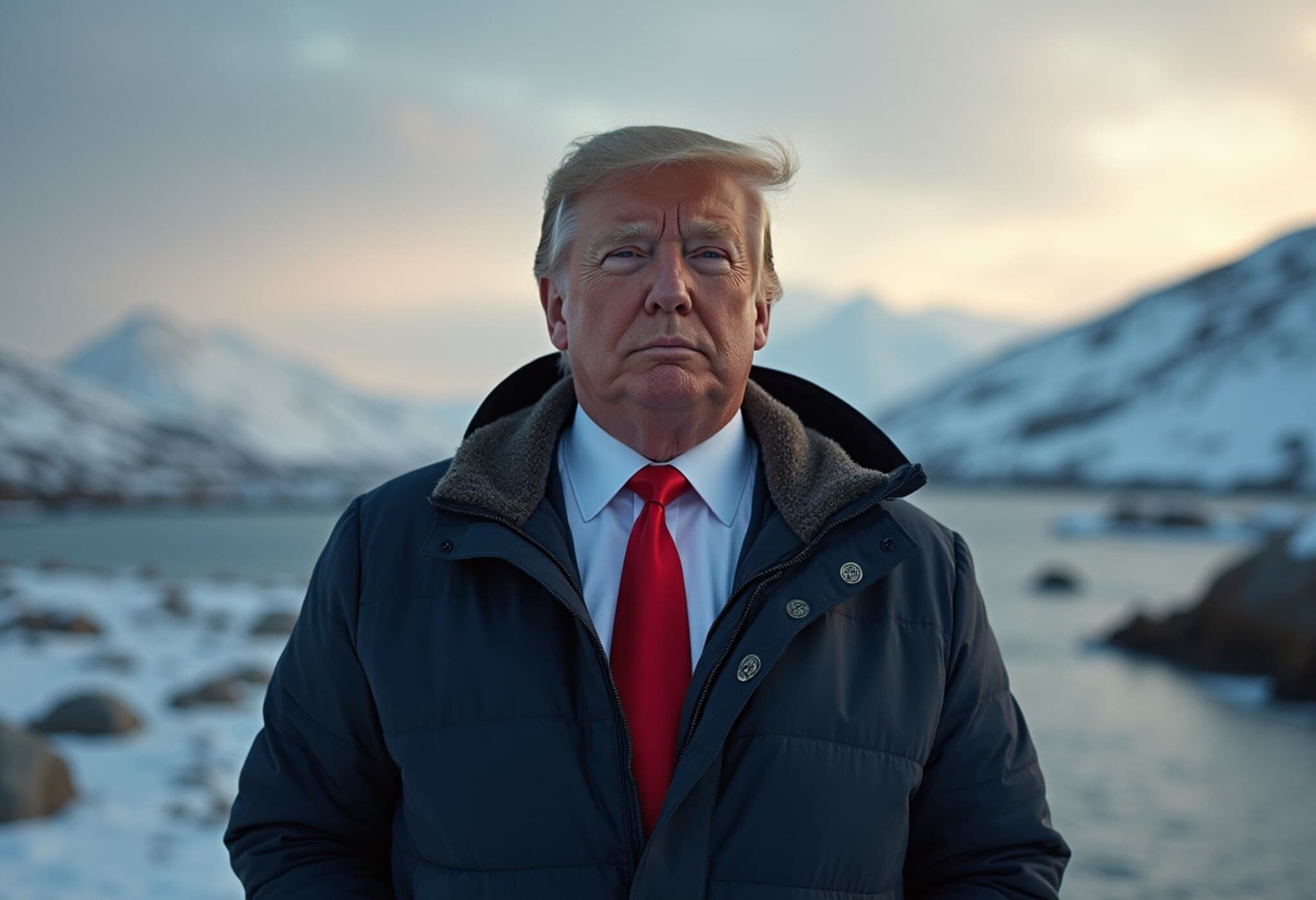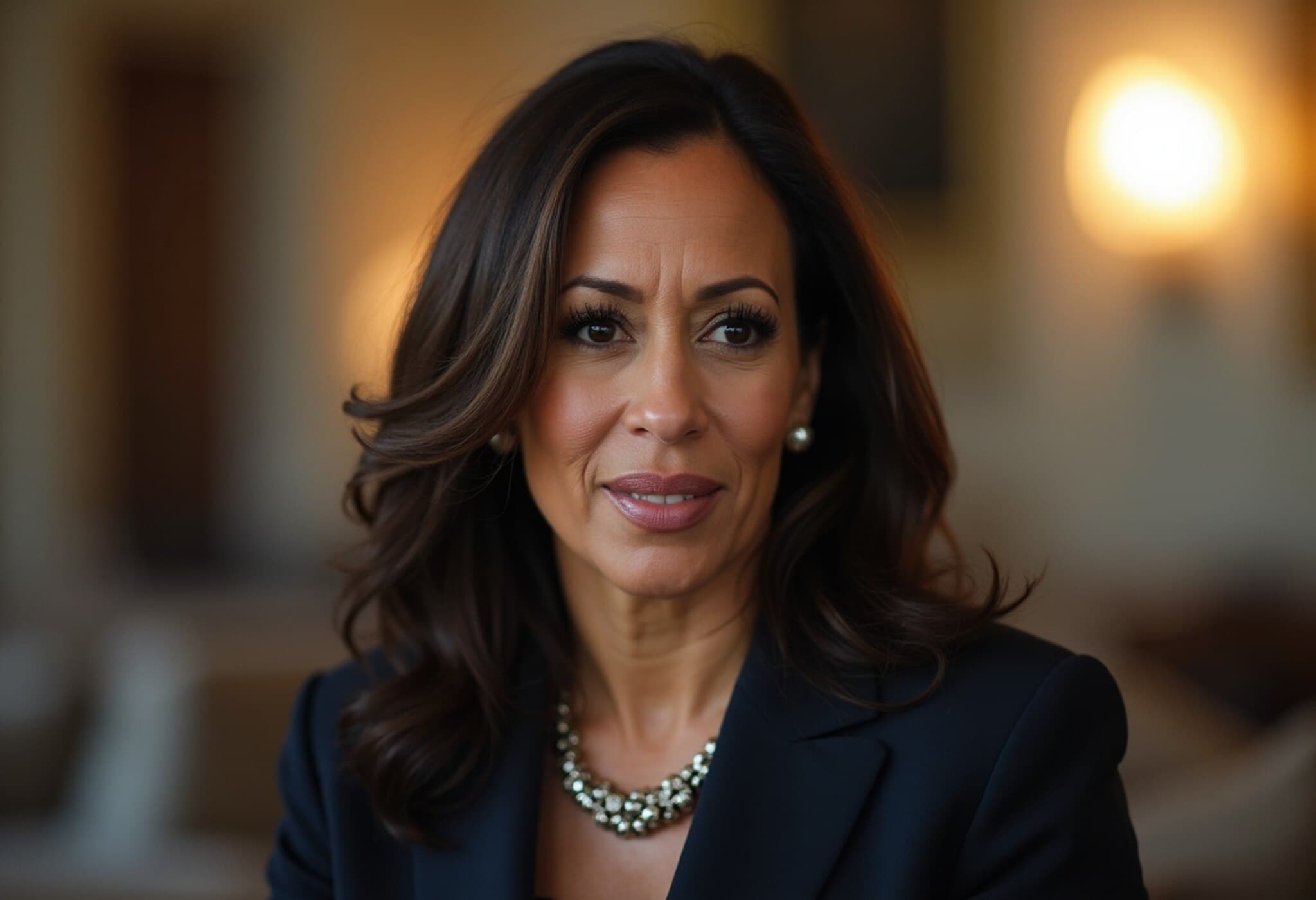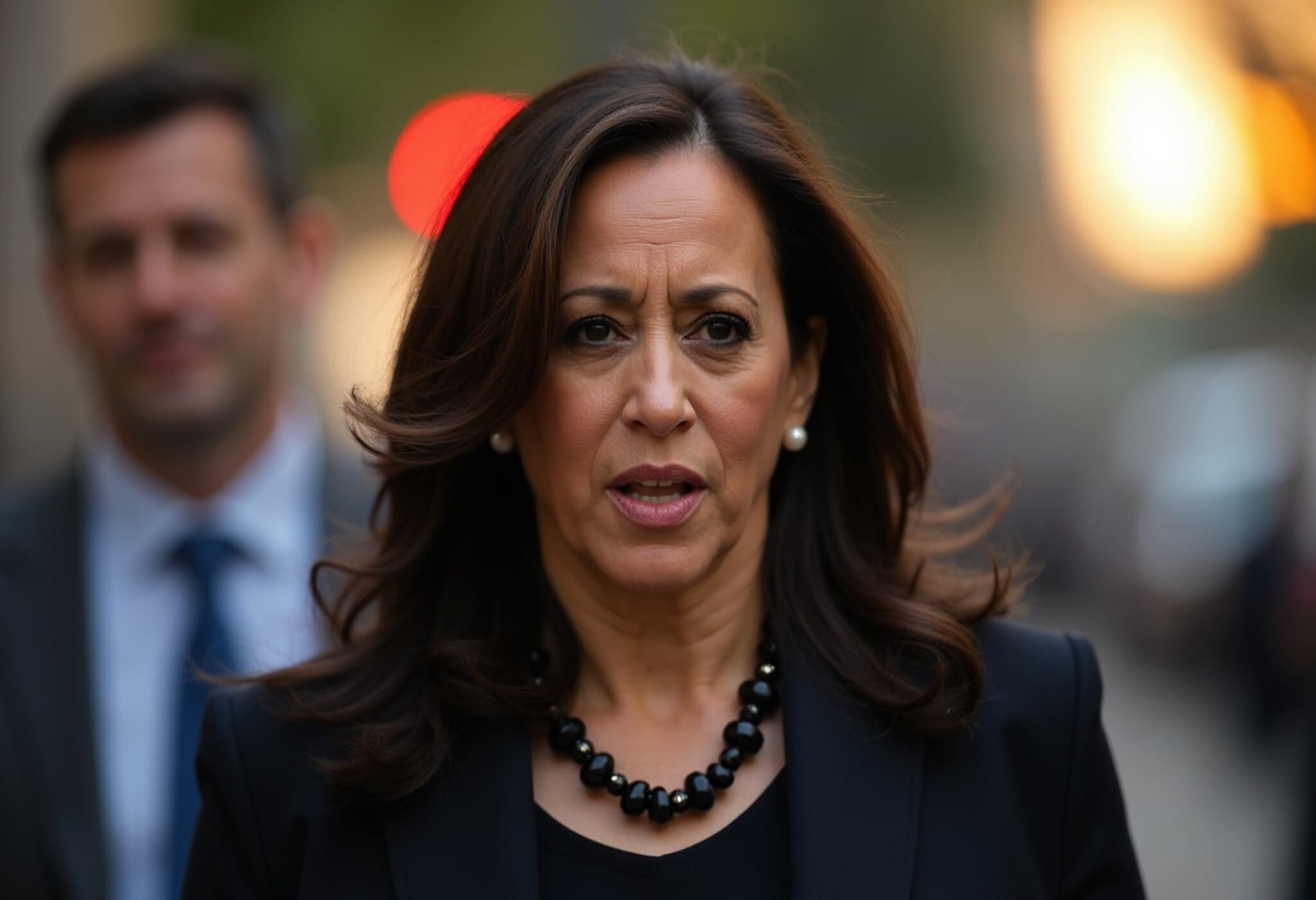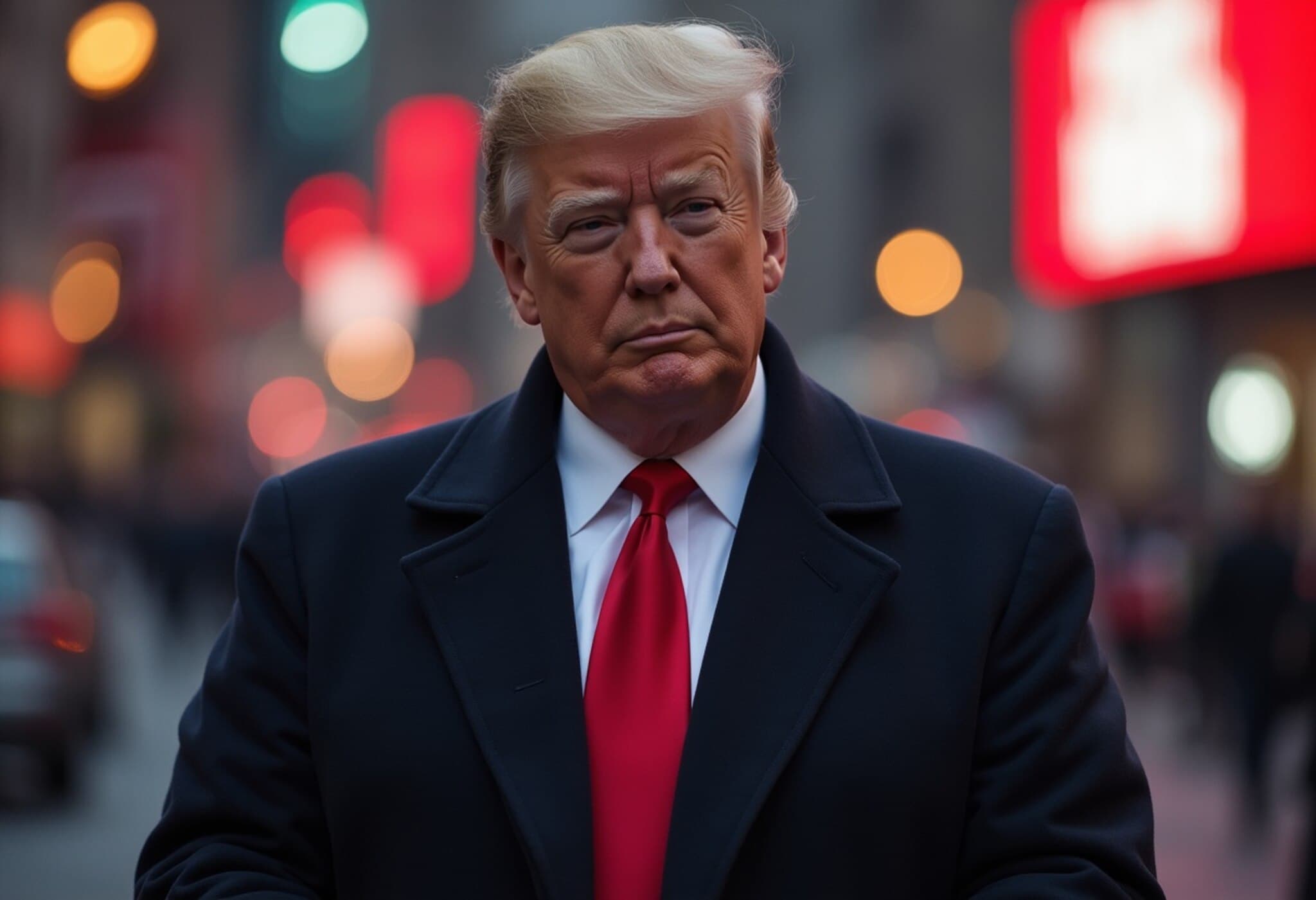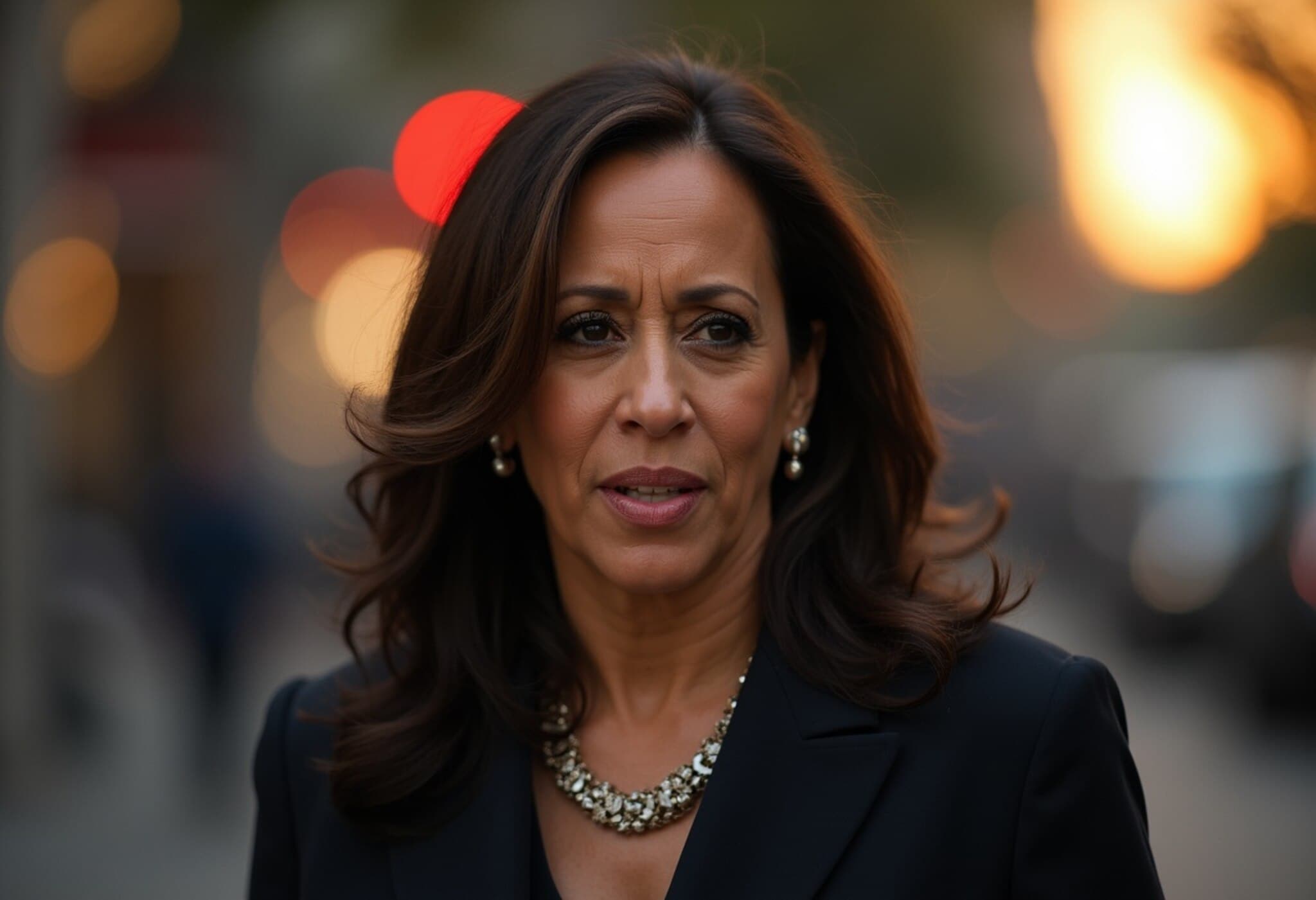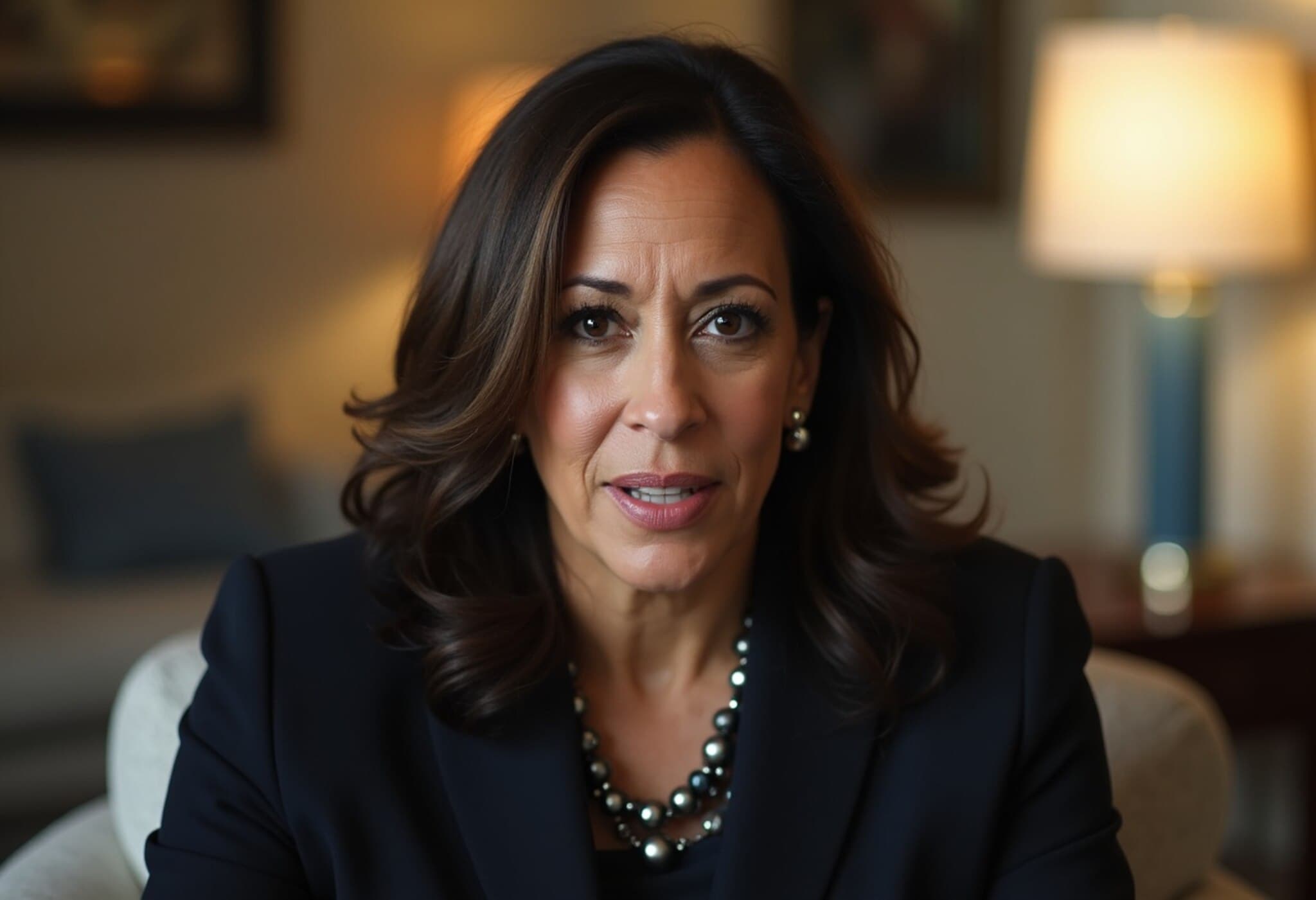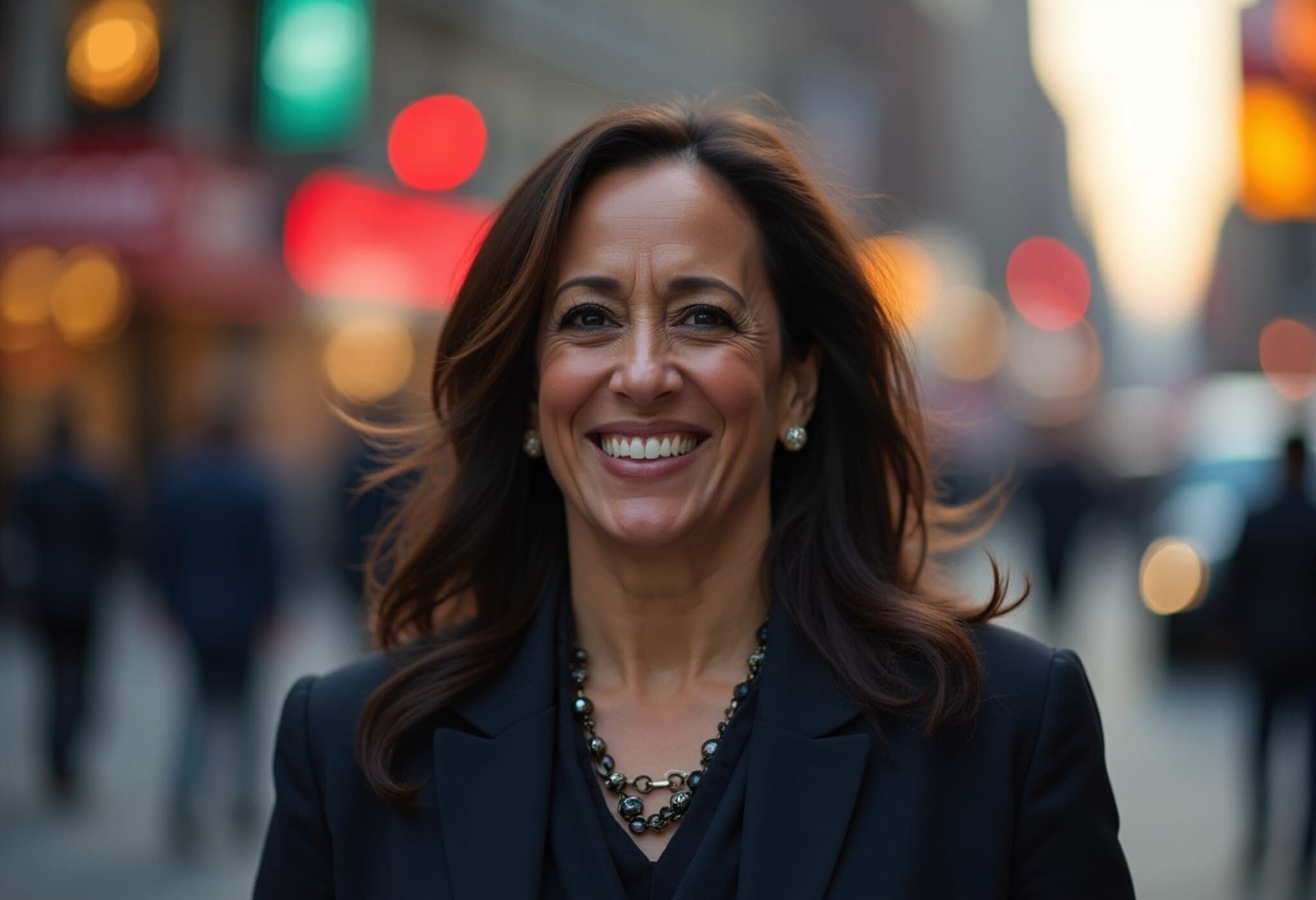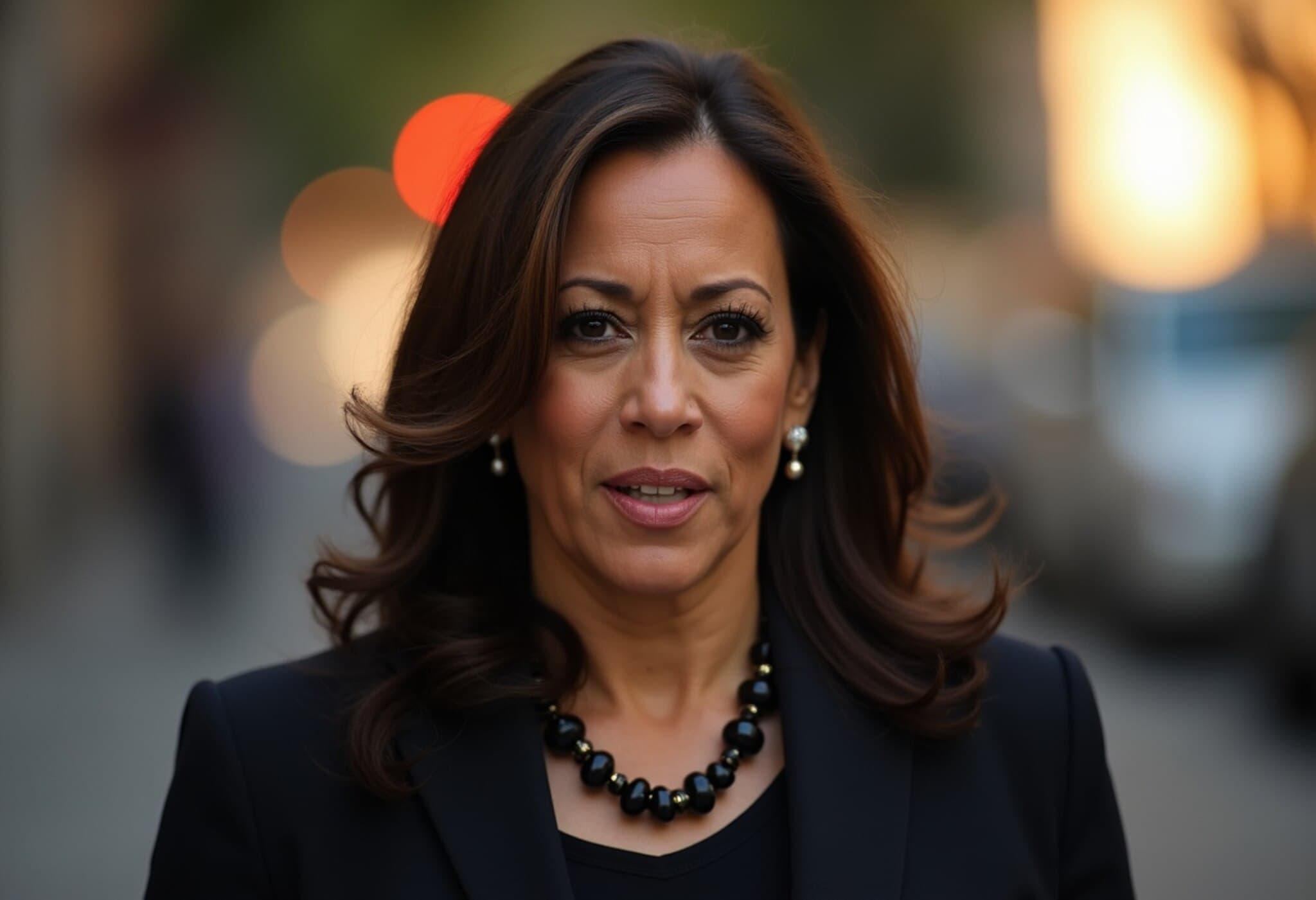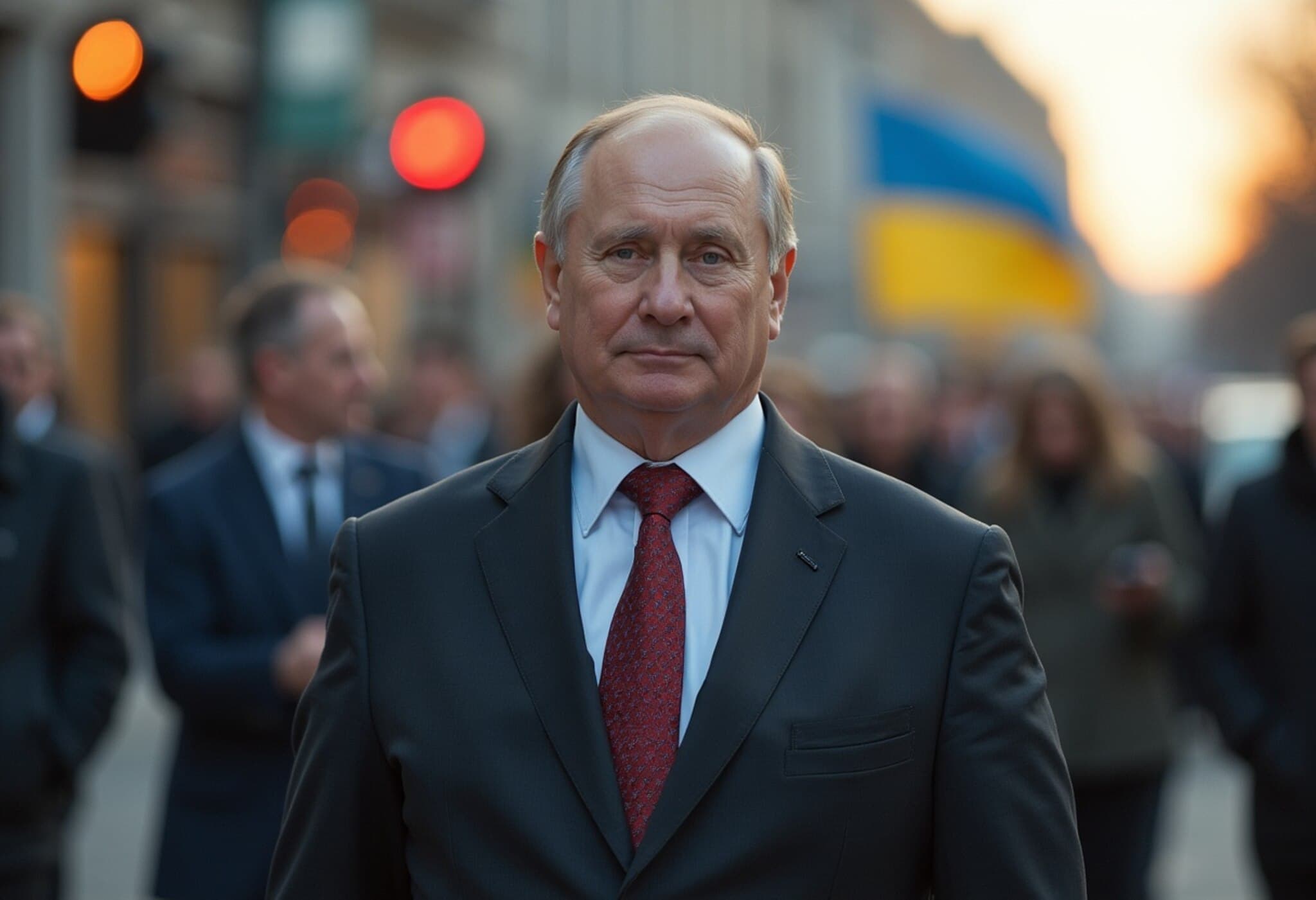Trump Accuses Democrats of Illegal Endorsement Payments in 2024 Election
In a bold and contentious statement made on Truth Social Sunday night, former President Donald Trump has called for the prosecution of Vice President Kamala Harris and several high-profile American celebrities. Trump alleges these individuals received payments in violation of campaign finance laws tied to endorsements during the 2024 presidential race.
Allegations of Campaign Finance Violations
Trump claimed that the Democratic campaign funneled millions of dollars to public figures in exchange for endorsements, a practice he described as "totally illegal." Specifically naming iconic figures such as singer Beyoncé, TV host Oprah Winfrey, and civil rights advocate Al Sharpton, Trump asserted that these payments were improperly recorded in campaign finance disclosures.
- Beyoncé allegedly received $11 million for endorsements.
- Oprah Winfrey was paid $3 million for expenses.
- Al Sharpton reportedly received $600,000.
Trump further suggested that additional names would surface, accusing them of receiving substantial sums despite allegedly failing to contribute meaningfully to the campaign efforts.
Calls for Legal Accountability and Broader Political Context
Trump demanded, "Kamala, and all of those that received Endorsement money, broke the law. They should all be prosecuted!" This demand for investigation comes amid ongoing scrutiny of Trump himself, who faces multiple legal challenges and has dismissed probes into his conduct as politically motivated distractions.
Notably, Trump has also directed Attorney General Pam Bondi to release the grand jury testimonies related to Jeffrey Epstein and Ghislaine Maxwell, adding layers to the complex political and legal battles dominating U.S. headlines.
Examining the Broader Implications of Celebrity Endorsements in Politics
The intertwining of celebrity influence and political campaigns is nothing new, but Trump's allegations thrust a spotlight on the legal boundaries governing campaign finance. While endorsements are common, exchanging money directly for public support raises serious ethical and legal questions. If proven, such violations could undermine public trust in electoral integrity and amplify calls for stronger oversight.
Expert Analysis: Navigating Campaign Finance Laws
Campaign finance law experts note that paying for endorsements blurs lines between permissible promotional support and illegal financial contributions. According to The Federal Election Commission (FEC), candidates must disclose expenditures transparently, and using campaign funds incorrectly can trigger penalties or criminal charges.
Moreover, the sizable sums reportedly involved, such as $11 million for a single endorsement, would represent unprecedented financial influence by celebrities, intensifying debate about the balance of power between wealth, fame, and democratic processes.
Underreported Questions and Regional Relevance
- How rigorously are campaign finances audited, and what safeguards exist to prevent such alleged improprieties?
- What precedent might this set for future political campaigns and celebrity involvement?
- From a U.S. policy perspective, does this controversy signal a need for reform in campaign finance legislation to close loopholes?
American voters concerned about transparency will be watching closely as investigations unfold, eager to understand how deep celebrity dollars influence political outcomes.
Summary Box: Key Takeaways
- Trump alleges Democrats illegally paid high-profile endorsements using campaign funds in 2024.
- Notable figures named include Beyoncé, Oprah Winfrey, and Al Sharpton, with millions involved.
- Calls for prosecution highlight ongoing legal and political battles surrounding election integrity.
- Experts caution that such allegations stress the need for stringent campaign finance enforcement.
- The controversy raises broader questions about the role of money and celebrity in American democracy.
Editor’s Note
As the U.S. political landscape becomes increasingly entangled with celebrity influence and vast financial resources, these accusations underscore the fragile balance between political support and legal compliance. Readers should consider how campaign finance laws shape democratic engagement and the importance of transparency to maintain public trust. The evolving story reminds us that vigilance and accountability are essential in preserving the integrity of elections.

